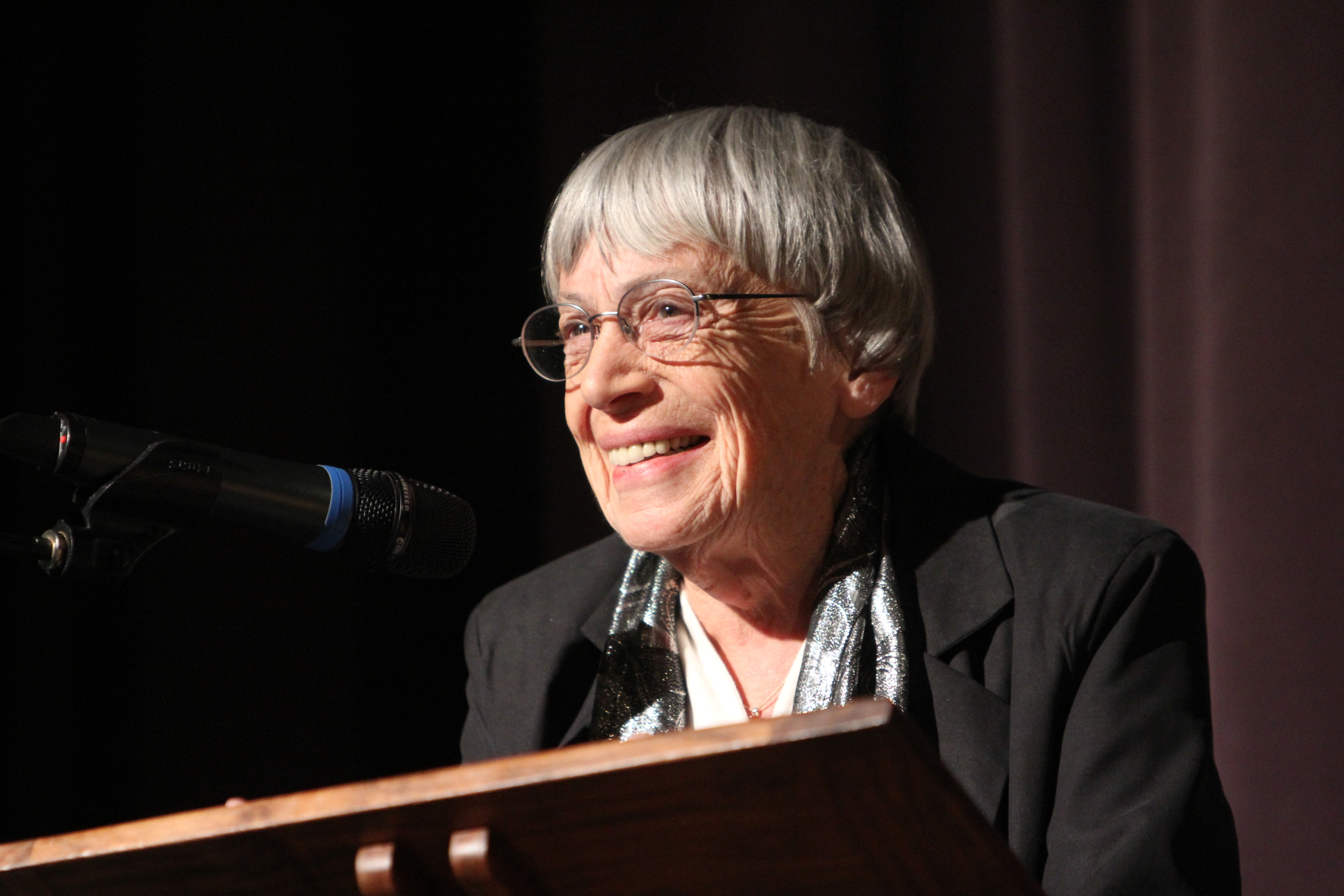There’s a germ of an idea in your head which craves to be built up into a novel. It urges you to fill copious amounts of empty pages with plot lines, character sketches, scenes and more. All this while, you’ve not written even a single piece of your book. Where do you start? How do you start writing, just like that, start it and continue page after page after page for atleast 150 odd pages? How does the idea, the plot line, the character, the scene come together? I’ve always wondered and pondered and thought about it. It’s a question that doesn’t end even though I’ve started and finished a few novels now. Finally I came across author Ursula K Le Guin’s brilliant advice on how to start a story and had to include it in Witchery of Writing series.
My own experience of starting is different for every story and every book. In my teens and twenties, I made endless enthusiastic starts to dead ends. Gradually I learned that if I got thinking about a place or a situation that felt like there was a story in it, and if I hung on to that place and that situation, put my mind on it, then people and what they’d do (their behavior, the events, the plot) might begin growing out of it. Sometimes quite rapidly, as if the story was actually all there already and just needed to be written. Sometimes only with a long time of pondering, brooding, working it out, making notes, rethinking. Occasionally, as I got more experience, my first glimpse of a story was like seeing a trailhead. What I had to do was start following that trail (in the person of a character) and discover as we went where we were going. (“I learn by going where I have to go.”—Roethke.) I call this “writing the way through the forest,” the same metaphor Karla uses — and I honestly do not recommend it to an inexperienced writer.
A rough sketch, notes as to where the story is headed and how it might get there, with more extended notes about the world it takes place in, is enough for many of us to start out with. But to many writers a complete outline is absolutely necessary before starting to write. An outline of the plot or at least a point-to-point sketch of the story-line can prevent the flooding in of irrelevant details that bothers some.
A story is, after all, and before everything else, dynamic: it starts Here, because it’s going There. Its life principle is the same as a river: to keep moving. Fast or slow, straight or erratic, headlong or meandering, but going, till it gets There. The ideas it expresses, the research it embodies, the timeless inspirations it may offer, are all subordinate to and part of that onward movement. The end itself may not be very important; it is the journey that counts. I don’t know much about “flow” states, but I know that the onward flow of a story is what carries a writer from the start to the end of it, along with the whole boatload of characters and ideas and knowledge and meaning — and carries the reader in the same boat.
This advice was found on an author collective website, BookViewCafe, which has many such gems. I urge you to explore more. If you are curious about Ursula’s work, you should start with the Earthsea series or The Dispossessed. Keep writing!

